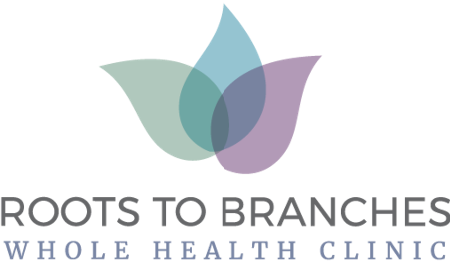Are You Running on Empty?
How much do you have left in your tank? Do you feel like you are trying to run on empty?
You read our last post on reduced exercise tolerance, and realized that you’ve been drawing more from your energy reserves than you have been putting in. If we keep going at the same pace and doing the same things, nothing will change (ie., we will continue to feel tired, have disturbed sleep, increase tendency to colds, etc).
8 Tips to Manage Your Stress
Here are 8 things you can start plugging away at to start increasing your “energy” reserves. In times like these where we may already feel like there is too much on our plate, or we feel a sense of overwhelm, try to pick one thing to focus your attention on. These are also great tips for general health, even if you aren’t suffering from HPA Axis dysfunction.
- Stress Management: This can include reflecting on how you are perceiving and reacting to stress. What things can you lessen that are causing you stress? Things that you can’t change, how can you modify how you are reacting to that stress? This is where counselling can be very helpful. Mindful meditation and deep breathing can also be a great tool. Some of my favourite APPs include: Calm, Headspace, or Insight Timer.
- Whole Food, Nutrient Dense Food Choices: Ideally focusing on protein, healthy fats, and low-refined carbohydrate options. Try to make meals rich in colour (half a plate of veggies). Limit white sugars and flours, but when you do choose to have something, have it mindfully and with no guilt!
- Restorative Sleep: as a basic guide, start creating routine and aim for 7-8 hours of sleep per night.
- Have Fun and Play: Those that follow me, know this is a particular passion of mine. What do you do that is purely just because it is fun? Something that isn’t goal orientated or related to a task on a to-do list? This is such a critical part to building up our energy reserves. During times of isolation this could look like playing board games, getting creative: painting on canvas or painting a room, reading for leisure, gardening, make homemade bread, etc.
- Movement: As in our last post, choose appropriate exercise based on how you feel after you complete exercise. Exercising should not leave you feeling depleted; if it is, you may be asking your body to handle more than it can.
- Build a Sense of Purpose and Community: Two of our greatest indicators for health and well-being and longevity are not necessarily the food you eat and how much you exercise, but rather: 1) Having a strong sense of purpose in life, and 2) having meaningful social connections with others. During times like these, reaching out to others over the phone or virtually can be helpful.
- Get outdoors: I’m sure anyone can attest to feeling more relaxed and rejuvenated after some time in nature.
- Clean up Your Environment: We will feel better mentally when our environment is less cluttered. If you are up for it, try to tackle a junk drawer, counters, or a closet! In addition, environmental toxins are all around us and can have negative impacts on our health. Start looking at where you can reduce your household exposure by making small, sustainable changes (for instance water and air quality, cleaning products, hygiene and cosmetic products, cookware, pesticide food exposure).
As you are plugging away at these changes, if you are interested in more individualized support from a diet and lifestyle perspective or would like to incorporate targeted supplement and/or herbal adrenal (stress) support, naturopathic medicine can help! Click here to book your virtual consult.

